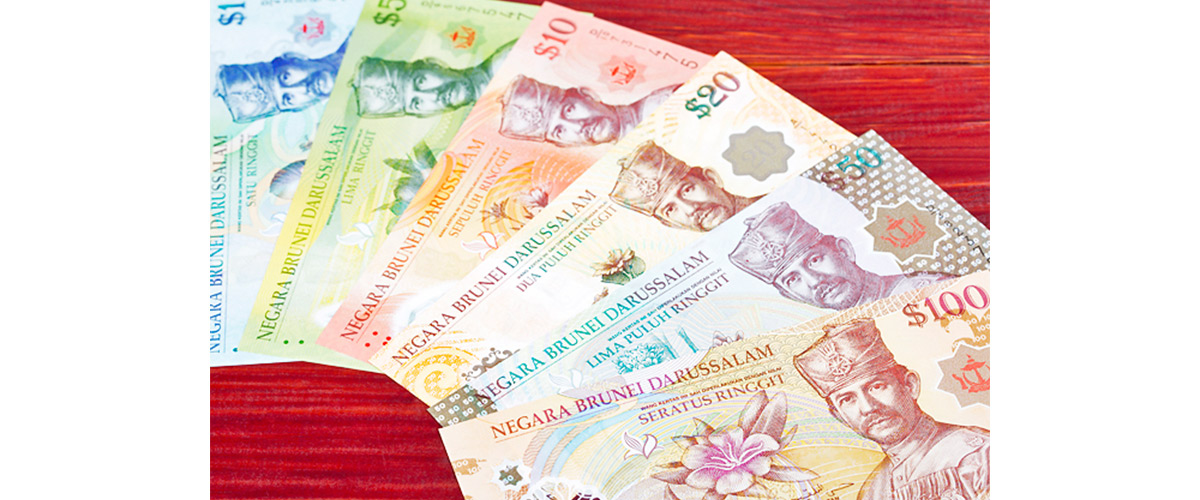The International Monetary Fund (IMF) projected global growth for 2023 to be slower at 2.8 per cent compared to 3.4 per cent in 2022, before rising to three per cent in 2024, the Brunei Darussalam Central Bank (BDCB) noted in its Policy Statement 1/2023.
Meanwhile, the domestic economy contracted by 1.6 per cent in 2022, largely driven by a contraction in the oil and gas sector. The domestic economy is expected to improve this year mainly contributed by ongoing foreign direct investments projects. However, downside risks remain with expectations of slower global demand, lower crude oil and liquefied natural gas production levels, and uncertainty in the crude oil market.
As central banks globally are still attempting to tame inflation, the Monetary Authority of Singapore in its April 2023 Monetary Policy Statement, decided to maintain its latest policy stance as the effects of its monetary policy tightening are still working through the economy and is expected to continue to lower inflation further.
Taking this and available Consumer Price Index data into consideration, BDCB’s inflation forecast for the Sultanate for 2023 is expected to be within the range of one per cent to two per cent. BDCB noted that there was a slight decline in the financial sector’s total assets of 0.3 per cent year-on-year with total asset value of BND23.9 billion as of Q1 2023, of which BND14.1 billion (59.1 per cent) was held by the Islamic finance sector. Deposit-taking institutions made up 91.9 per cent of the total financial sector assets with an asset base of BND21.9 billion. The banking industry continues to remain resilient with an aggregate Capital Adequacy Ratio of 21.3 per cent as of Q1 2023. Additionally, in line with the increasing interest/profit rate environment an upward trend was recorded in the banking sector’s profitability.
July 27, 2023













